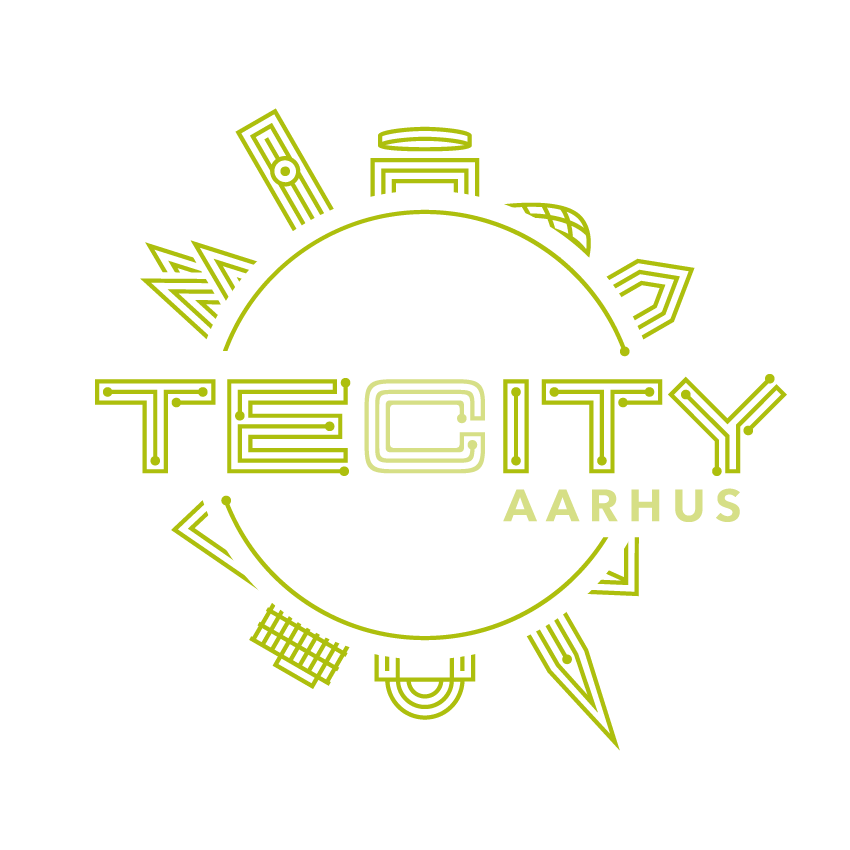Information on the processing of personal data
Before you give your consent in the sign-up form, we are obligated to inform about the processing of personal data based on Databeskyttelsesforordningen.
We are obligated to inform you about the details of our processing of your data and furthermore inform you about your rights in reference to this.
Legal basis
Our processing of personal data is based on article 6, paragraph 1, item a (consent) of Databeskyttelsesloven.
The data will be stored safely with Aarhus Kommune for as long as you wish to receive news from Tech City Aarhus. Your data will be deleted permanently if you choose to unsubscribe. The information will not be shared with others and data will exclusively be processed by Aarhus Kommune Erhverv.
Your rights
You have the right to request insight in the information we hold about you.
You have the right to request eligibility or deletion of the information.
Who is using your information?
The data responsible is part of Aarhus Kommune and your personal data is processed only by:
Data responsible:
Borgmesterens Afdeling
Erhverv og Bæredygtig Udvikling
Aarhus Kommune Erhverv
Rådhuspladsen 2
8000 Aarhus C
E-mail: aarhuskommuneerhverv@aarhus.dk
Telephone: +45 89 40 22 00
If you have any questions in connection to the processing of your data by Aarhus Kommune, please contact the advisor of data protection of Aarhus Kommune at: databeskyttelsesraadgiver@aarhus.dk
Finally, we will inform you that it is possible to address a complaint to Datatilsynet about our processing of personal data at: www.datatilsynet.dk

